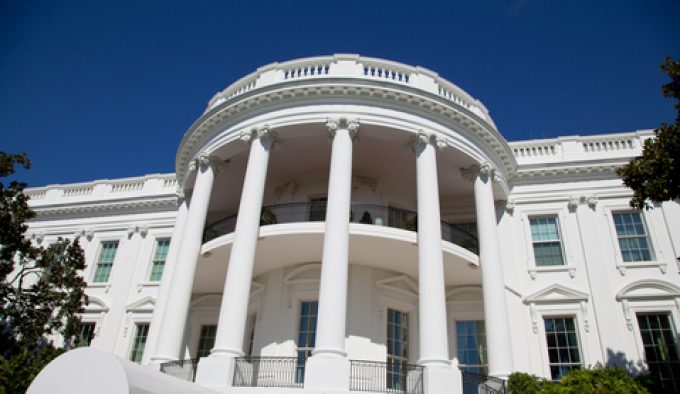White House intervenes in labour dispute to prevent rail meltdown
US president Biden stepped in at the eleventh hour to avert a work stoppage that ...
Keep our news independent, by supporting The Loadstar
Volume surge and an early peak season? 'Don't celebrate too soon,' warning
China-US trade tariff pause could drive a rebound for transpacific rates
Shippers should check out the 'small print' in China-US tariff cuts
Ecommerce likely the front-runner in resurge of transpacific trade after deal
Service chaos from trade ban with India a problem for Pakistan shippers
Carriers impose 'emergency operation' surcharges on Pakistan cargo
15% rebate for box ships as Suez Canal Authority woos carriers


Comment on this article